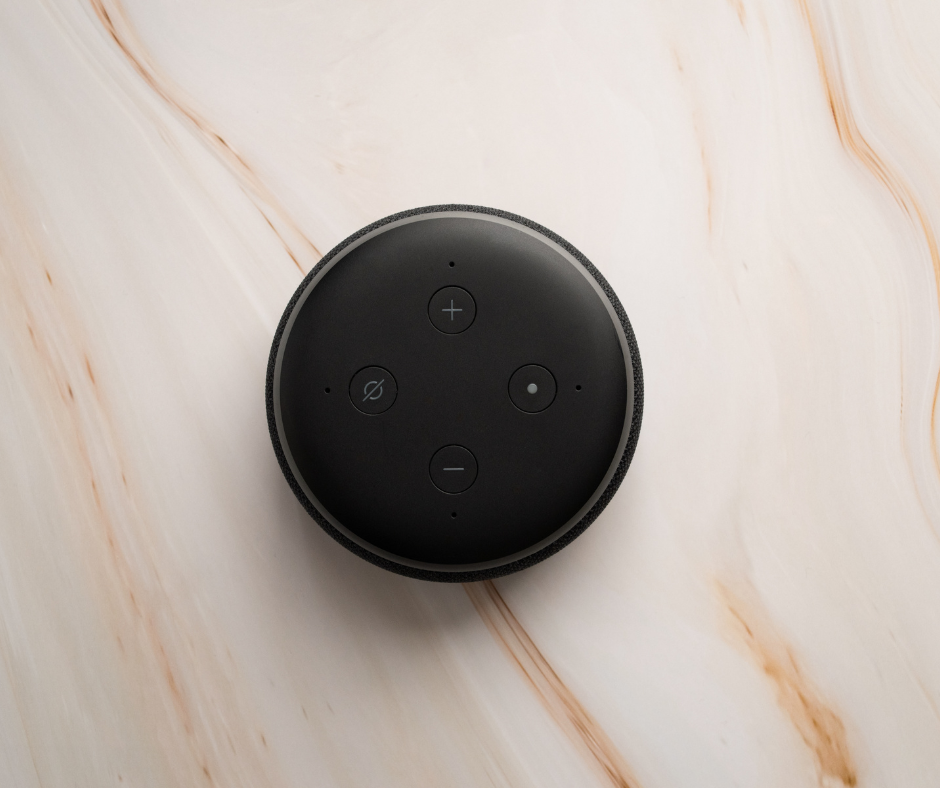Artificial Intelligence (AI) is no longer just a hype.
It has already changed the way we work, and we are only scratching the surface.
And, with the potential to analyse staggering amounts of data and automate tasks, AI is set to transform marketing like never before.
But you know what? AI is often seen as a threat instead of an opportunity. Some marketers are scared that algorithms and robots will take their jobs. And, some people think that AI is overhyped and doesn’t deliver what it promises.
In reality, AI is neither a saviour or a destroyer. It’s just a tool that can enhance our capabilities as humans and help us solve complex problems that little bit quicker.
So, in this blog, I will explore how marketers can embrace AI’s potential while avoiding the hype.
Contents
ToggleUnderstanding AI’s Role in Marketing
AI is not a magic solution that can solve all your marketing challenges (soz)
As marketers, we understand the importance of human creativity, empathy and intuition in building strong brands. And, AI’s role is to complement these skills, not replace them.
It can help us make sense of vast amounts of data and extract valuable insights that would take humans much longer to find. By automating repetitive tasks, AI also allows us to focus on more high-level strategic thinking and creative work.
AI is essentially a tool that amplifies our abilities as marketers, not a replacement.
Overcoming AI Resistance and Bias
One of the main reasons why marketers hesitate to use AI is simply because they don’t want it to take their job (but if you do think this, you might want to re-evaluate how you’re doing at your job)
While it’s true that AI can automate some tasks, it’s unlikely that it will replace human marketers entirely.
In fact, AI thrives on human supervision to work effectively.
Here are some ways AI can support marketing:
- Data analysis: AI can analyse large volumes of data to identify patterns, trends and customer preferences, helping marketers make data-driven decisions.
- Personalisation: Yeah, ironic. But if you keep pushing your preferred tone of voice, customer research and guidelines, you can create more personalised and targeted campaigns with AI
- Customer segmentation: AI can segment customers based on different criteria like demographics, behaviour and preferences. This helps marketers tailor their strategies and messages to better fit their audience
- Content creation: AI can assist in generating content, not the whole hog but can come in especially handy on longer/repetitive tasks, like writing meta titles, descriptions and product descriptions
Choosing the Right AI Prompts
One of the reasons why AI fails to deliver results is that marketers don’t use the right prompts or data inputs.
One of the most ANNOYING things is people who use a new chat for every query. If you’re looking for accurate insights and predictions from AI, you need to provide it with quality data and info on the same chat, every time.

That way it will keep remembering previous information and match the type of answers you’re looking for.
This brings me to an important point: AI is only as good as the data it receives. Marketers must ensure the quality and accuracy of the data they feed into AI systems.
Separating AI Hype from Reality
Yes, there is still a lot of hype around AI in marketing. And, some companies have fallen into the trap of implementing AI just for the sake of it, without a clear strategy or understanding of its capabilities.
But this doesn’t mean that AI is all hype and no substance.
The key is to approach AI with a realistic mindset and clearly define its purpose. Start small with specific use cases and gradually expand into more complex tasks as you gain experience and better understand how AI can support your marketing.
Don’t be swayed by the buzz and promises, instead focus on integrating AI in a way that makes sense for your brand and objectives.
Embracing AI through 2024
AI is here to stay, and its potential only continues to grow as technology advances.
As marketers, it’s important to embrace this potential and continually learn and adapt to new AI capabilities.
By staying informed and educated about AI, we can separate the hype from reality and use this powerful tool to enhance our marketing strategies, rather than fearing it as a threat.
So, let’s stop moaning about AI and start embracing it. Who knows what campaigns might come out of it?





